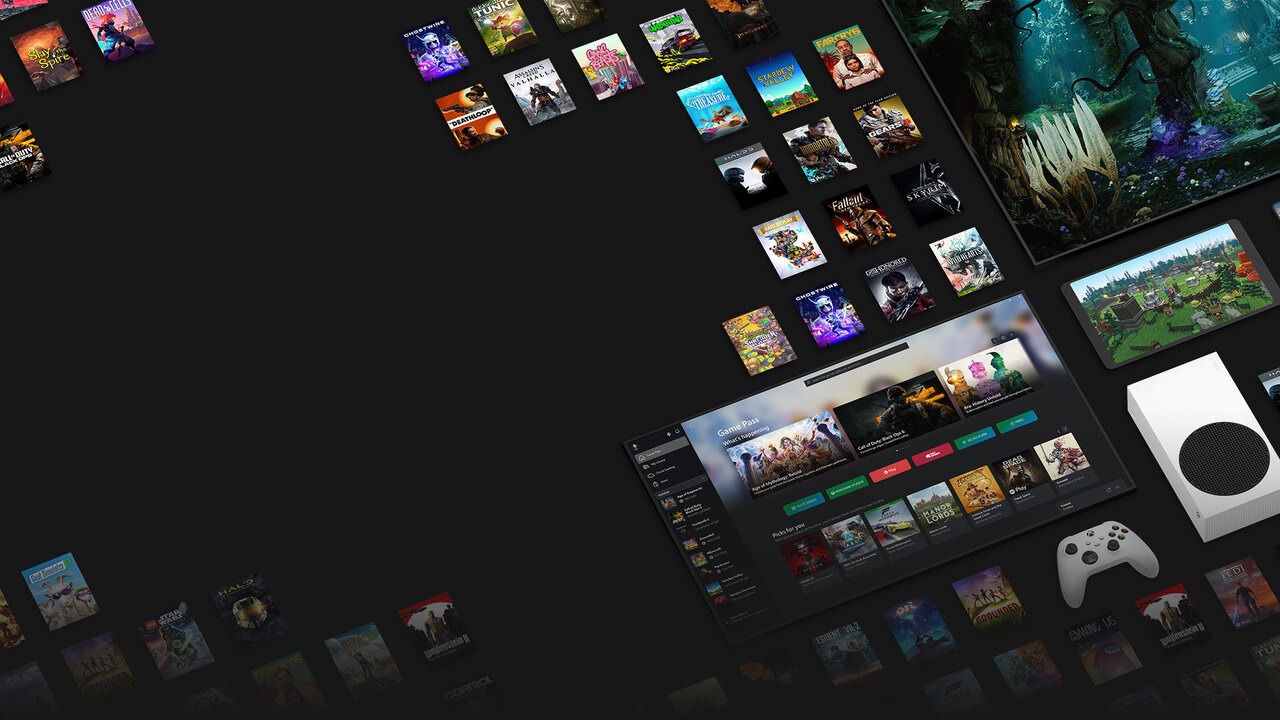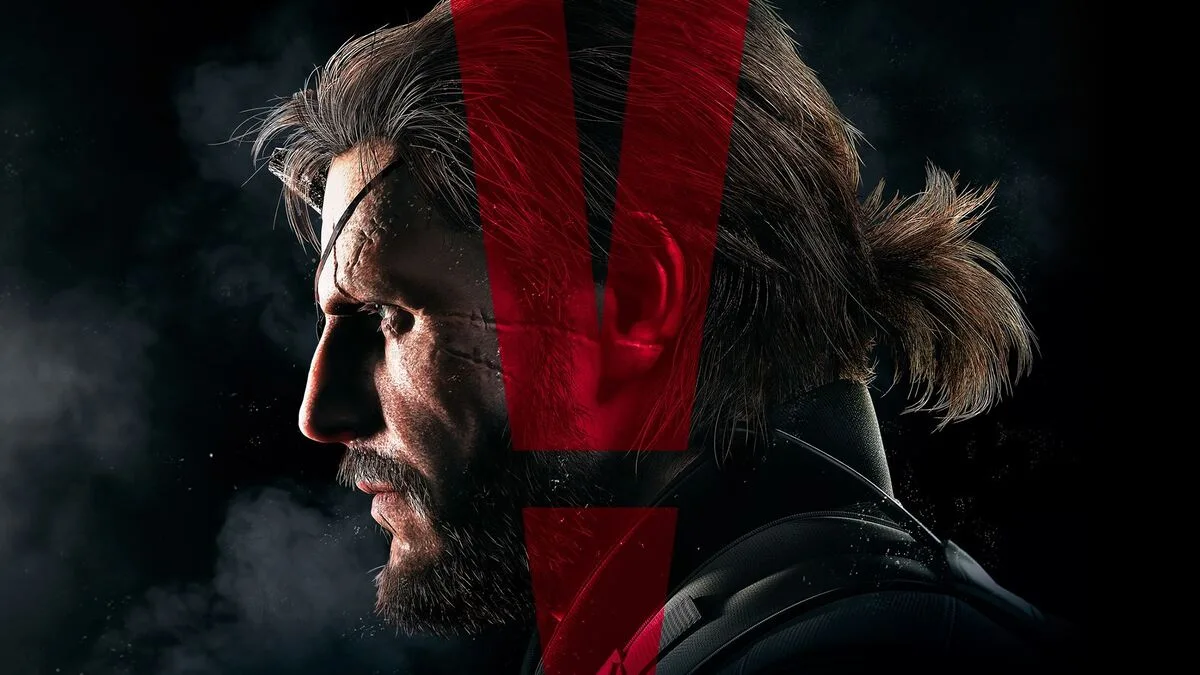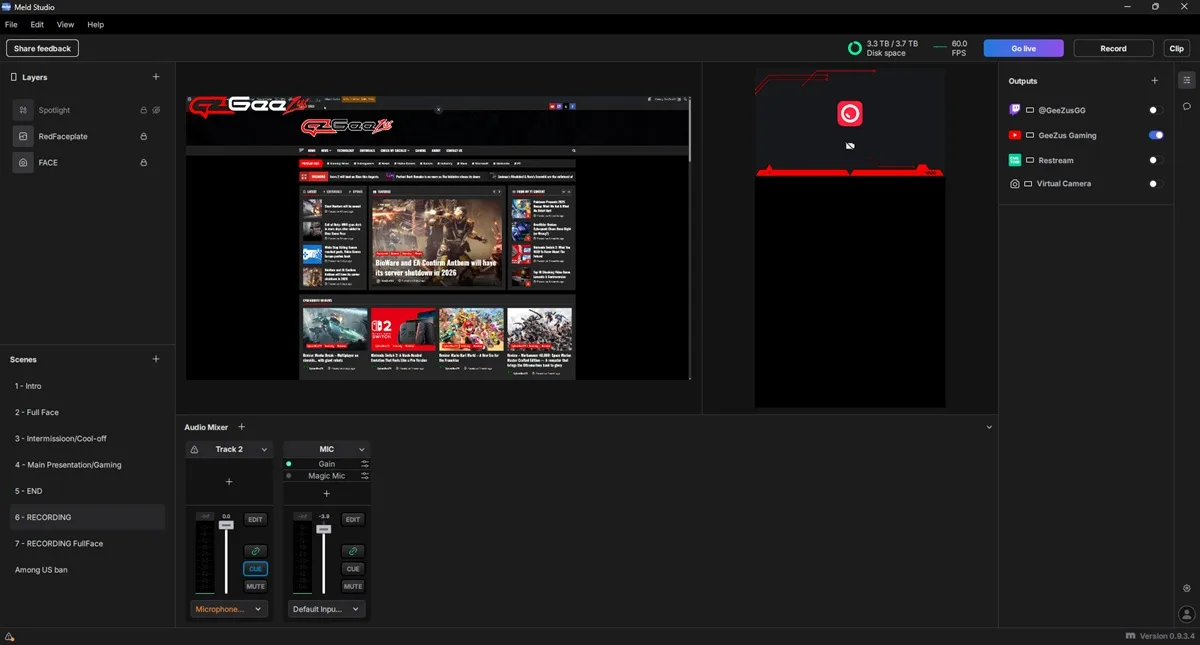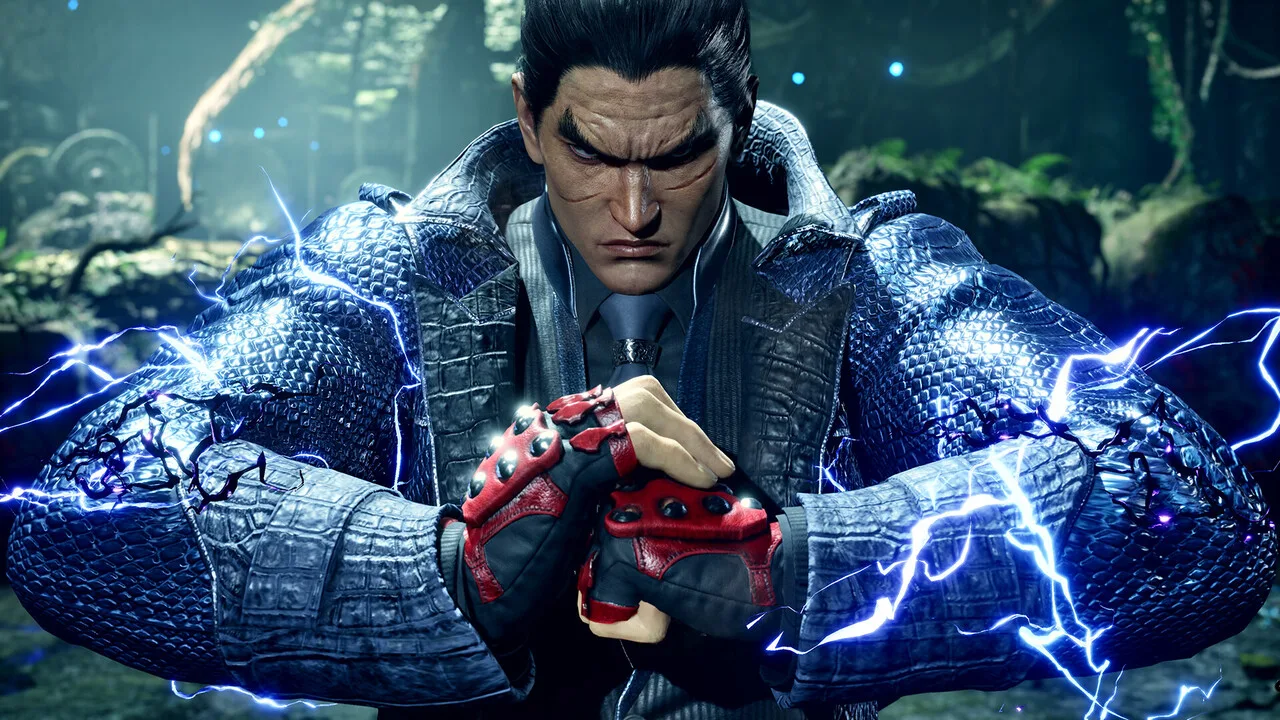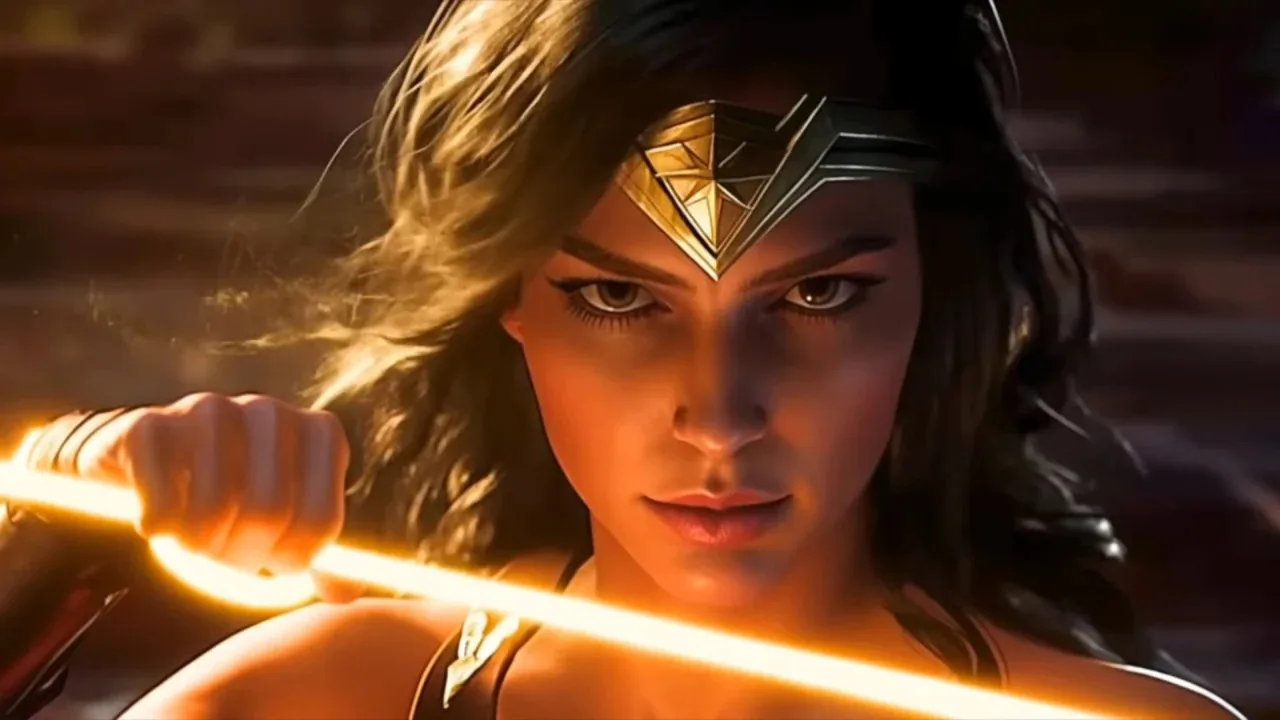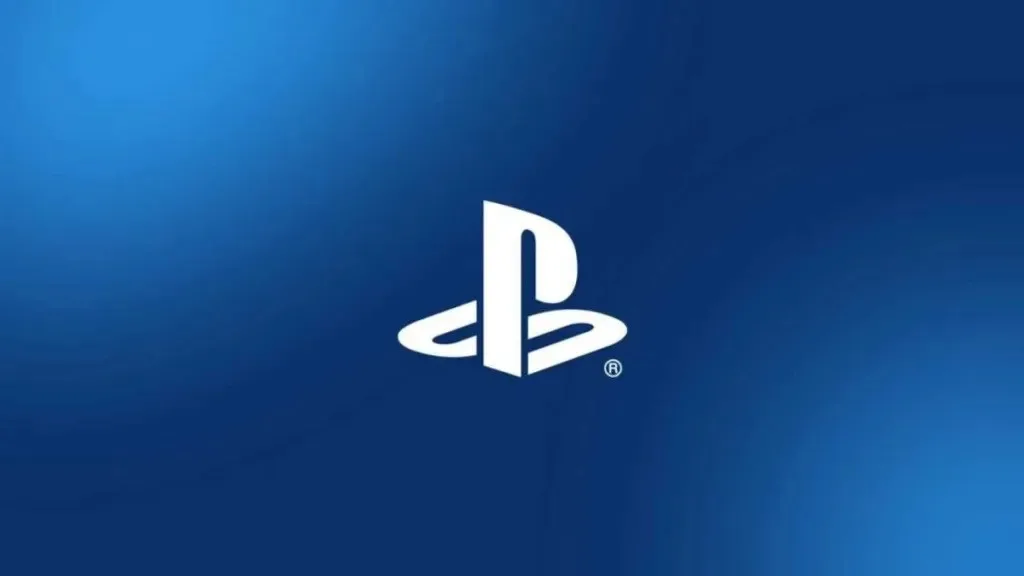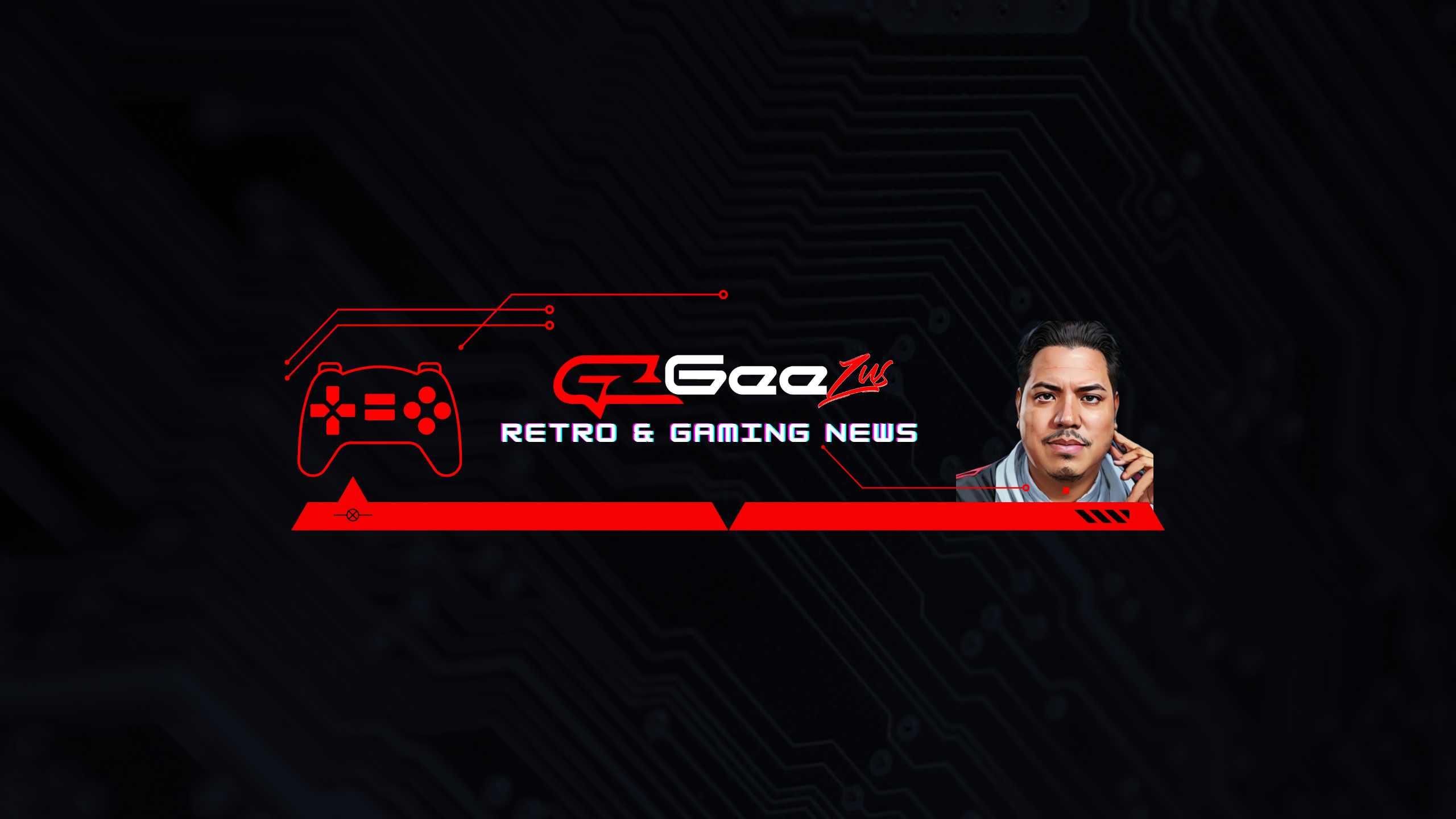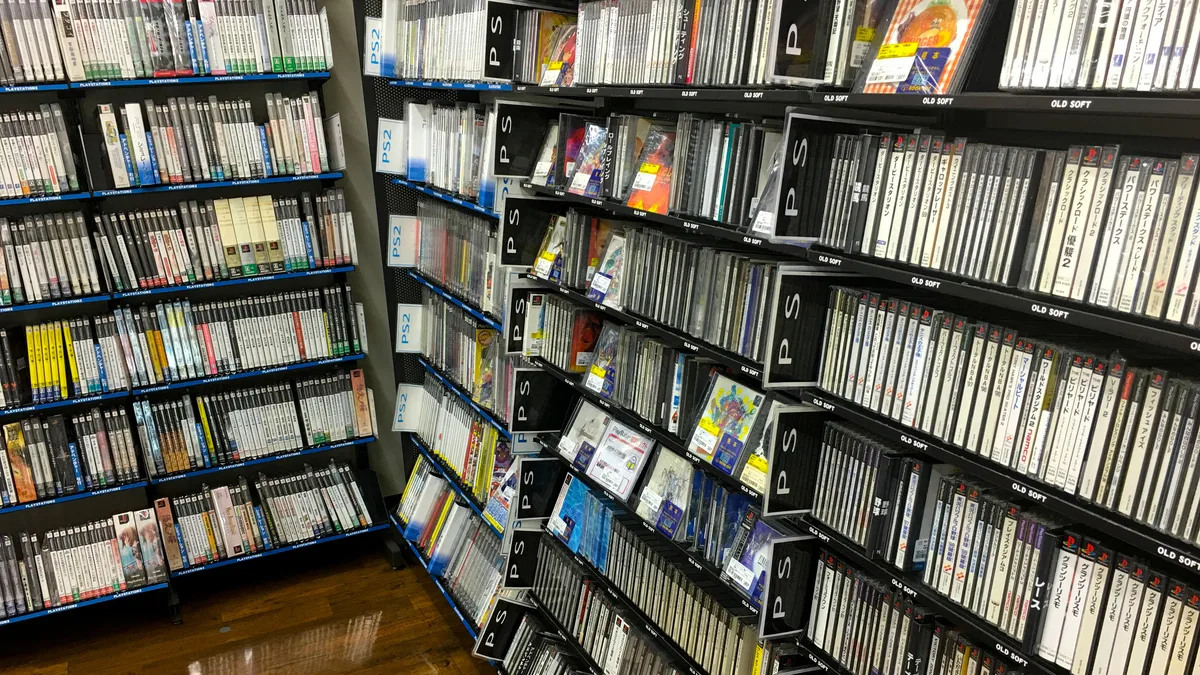
Editorial Reaction: “Too Many Games” — Jason Schreier’s Provocation and the Industry’s Reality
Jason Schreier’s recent Bloomberg editorial, “The Video-Game Industry Has a Problem: There Are Too Many Games”, is both a sharp diagnosis and a deliberately provocative framing of a truth the industry has been circling for… Editorial Reaction: “Too Many Games” — Jason Schreier’s Provocation and the Industry’s Reality
